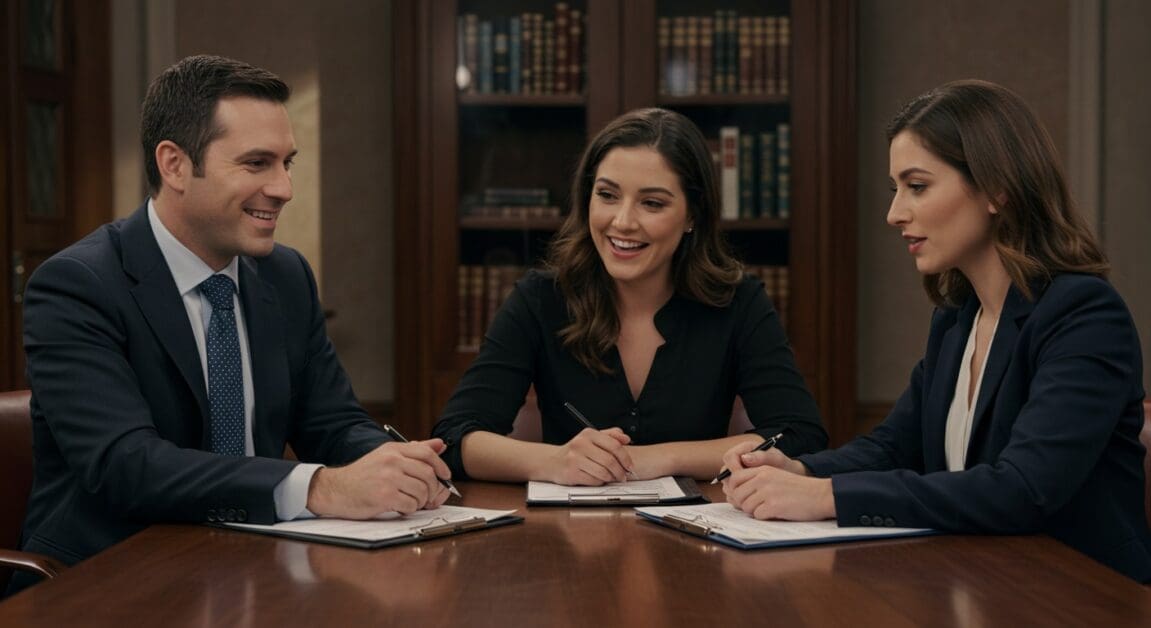How Do Legal Systems Across Countries Handle Organized Crime?
The fight against global organized crime laws represents one of the most significant challenges facing sovereign nations in the modern era. Legal systems worldwide have developed varied approaches to combat the sophisticated networks of criminal organizations that operate across national boundaries. These transnational entities exploit jurisdictional differences, weak governance structures, and corruption to conduct illicit […]
How Do Legal Systems Across Countries Handle Organized Crime? Read More »









